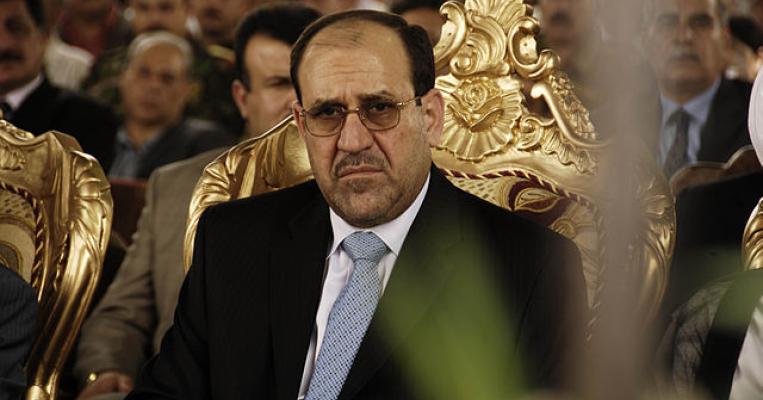From Saddam Hussein’s fall in 2003 until 2009, Iran rapidly increased its influence in Iraq. Tehran quietly supported various Shiite militias, some of which attacked American troops, and flooded the country with intelligence operatives. To the great alarm of the United States, relations between hard-liners in Tehran and their coreligionists in the Shia-dominated regime in Baghdad warmed. State visits and trade deals followed.
Those good feelings are largely gone, writes Babak Rahimi, a specialist on Islam and Iran at the University of California, San Diego. Iranian influence in Iraq is in decline. “For Tehran, Iraq’s internal politics and regional policy have proven to be a headache,” Rahimi argues, “as it can no longer exercise the same power over Iraq’s once fragile political system as it did.”
Things used to be different. President Mahmoud Ahmadinejad’s 2005 election in Iran empowered a “neoconservative faction” in Tehran bent on making the most of the turmoil in Baghdad. Its goal: “to eclipse U.S. power in the region.” Iran sought—and won—friends across the Iraqi political landscape and insinuated itself into the economic fabric of the country.
What went wrong? In June 2009, furious street protests erupted in Iran after Ahmadinejad claimed a lopsided reelection victory in a vote that many Iranians considered fraudulent. Operatives hurried home from Iraq to quell the unrest. Ahmadinejad’s supporters splintered under the pressure, leaving Tehran’s Iraq strategy “in disarray.”
Events in Iraq also changed the equation. Iraqi nationalism flared in 2008, fueled by fears of Iranian economic domination and the declining popularity of Shiite militias such as Muqtada al-Sadr’s Mahdi Army. Iraqi Shia blamed the militias, in part, for the country’s alarming descent into sectarian violence.
Iraq’s Shiite prime minister, Nouri al-Maliki, led a military rout of the Mahdi Army, and touted the victory as proof that he would defend all Iraqis, regardless of sect. He fashioned his political alliances accordingly. Maliki has since openly defied some of Tehran’s wishes by, among other things, calling for reform in neighboring Syria, where Iranian ally Bashar al-Assad has murderously repressed a popular revolt.
Iran has done itself no favors in the court of Iraqi public opinion. Tehran has periodically cut off fuel and electricity to eastern Iraq and has built dams that divert Iraqi water to its own uses. Bitter memories of the 1980–88 Iran-Iraq War persist. Now that Iraq is on a firmer footing, the two countries are in no danger of becoming bosom buddies anytime soon, Rahimi assures Washington.
Iraqi prime minister Nouri al-Maliki has openly defied Iranian wishes. Photo via creative commons

